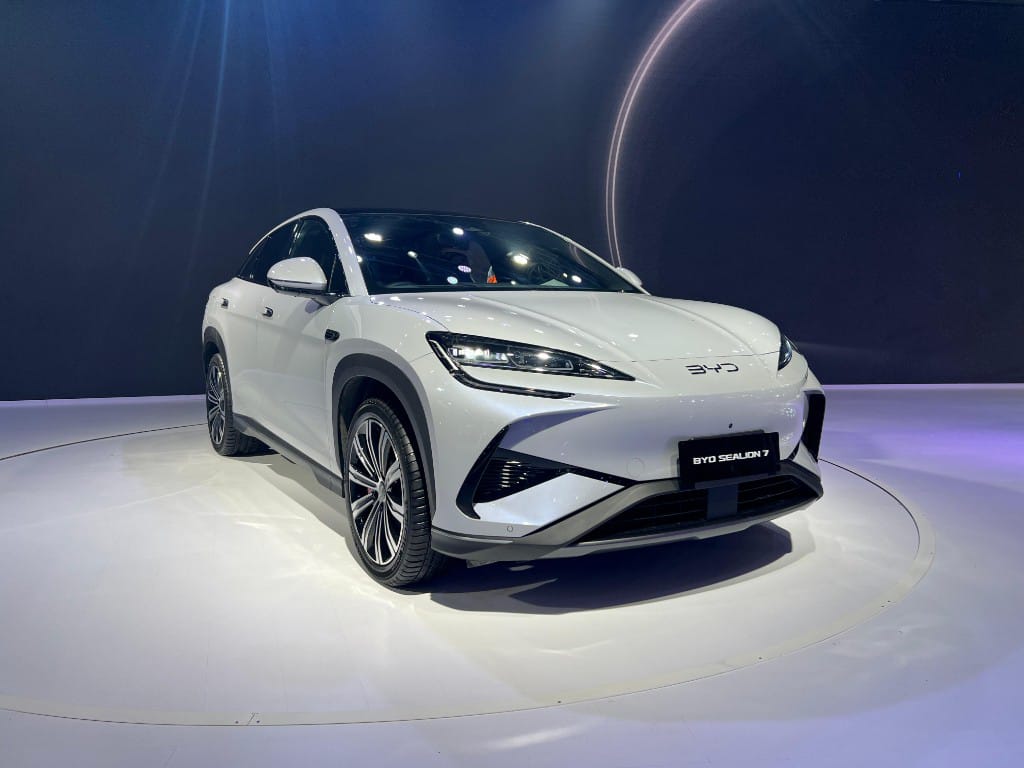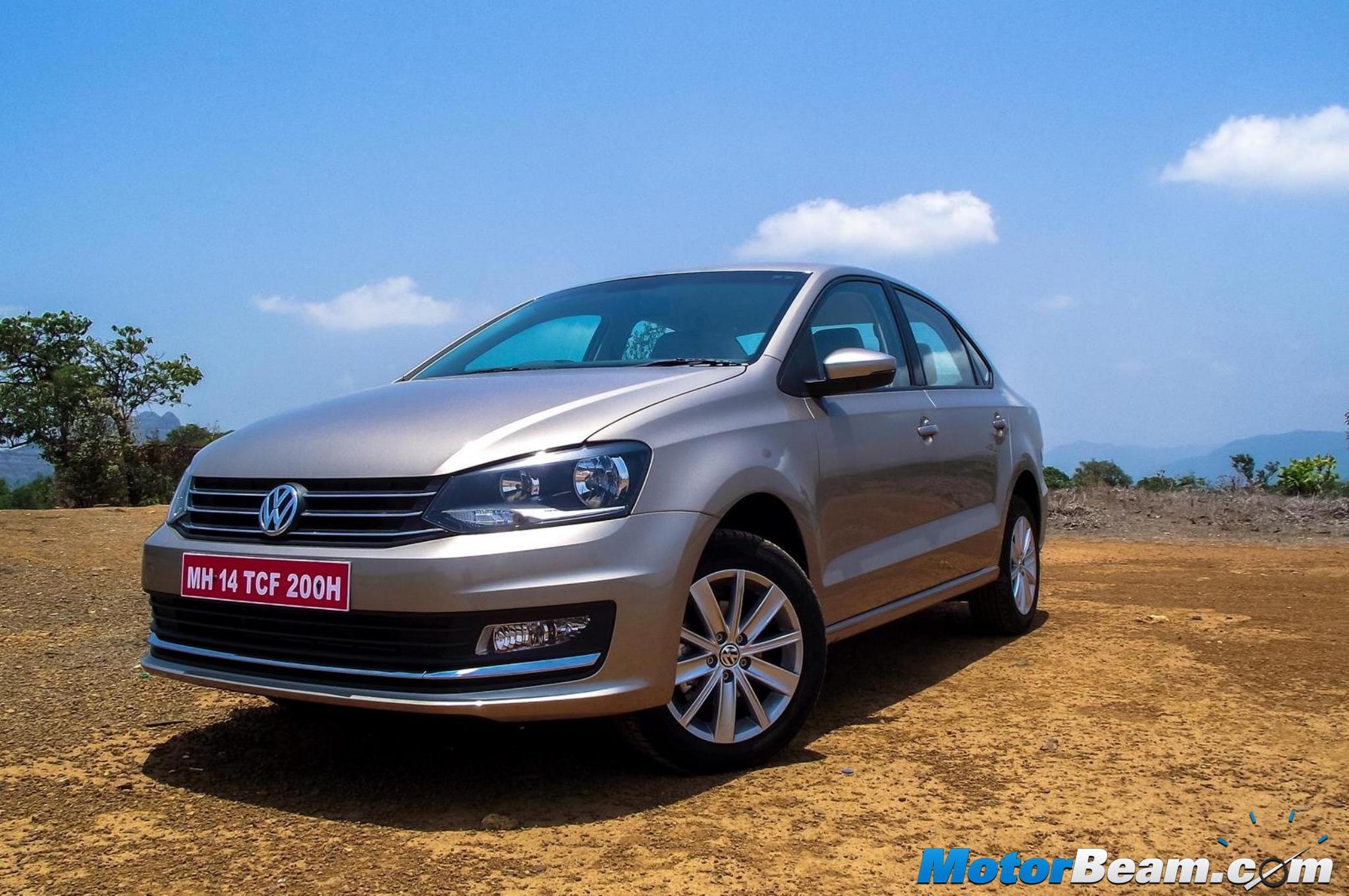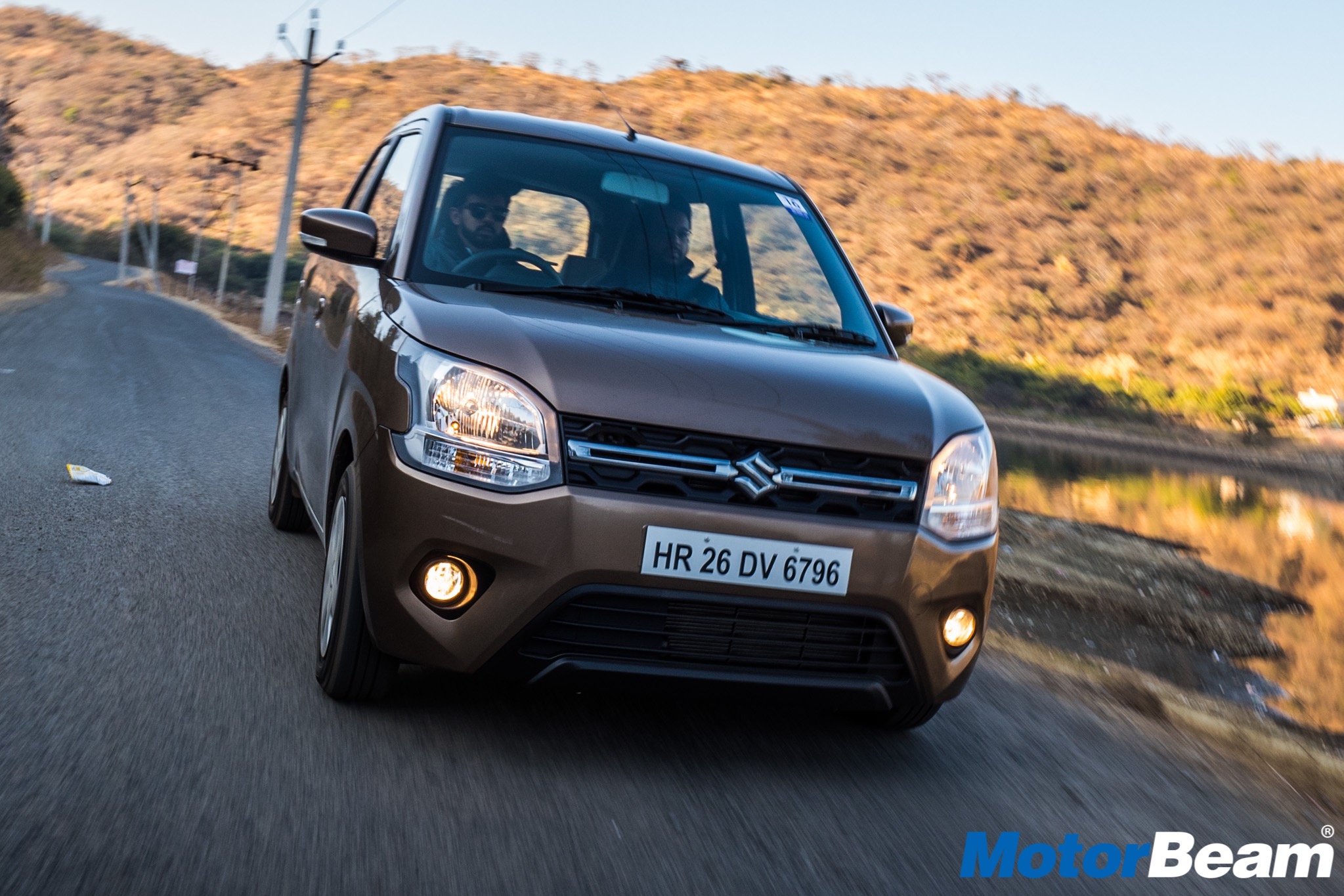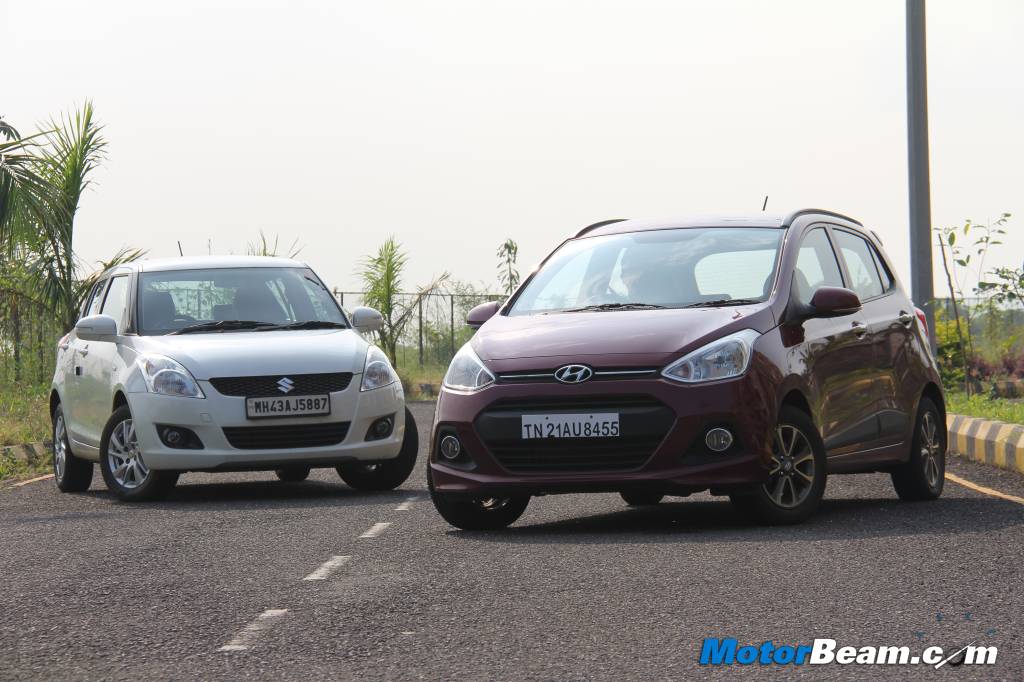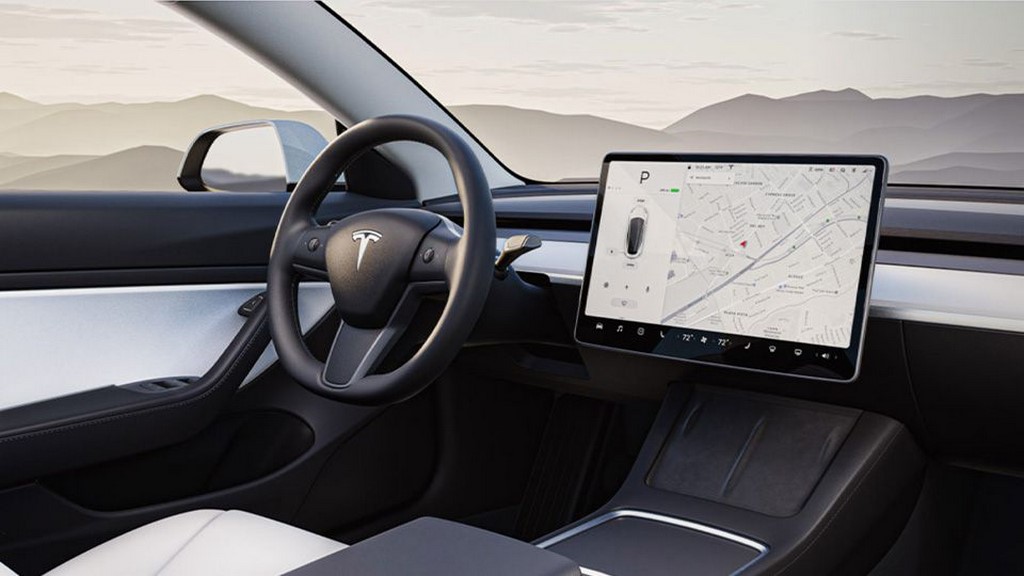
India’s new EV policy slashes import duties from 110% to 15%, aiming to attract global automakers
The Indian government is preparing to unveil a new Electric Vehicle policy aimed at significantly lowering import duties to encourage global manufacturers, including Tesla, to enter the Indian market. Under the proposed framework, import tariffs for premium EVs priced above $35,000 will be reduced from the current 110% to 15%, provided manufacturers meet specific investment and production milestones.
Investment and Turnover Requirements
To qualify for the reduced import duty, automakers will need to invest a minimum of Rs. 4150 crores in India. This investment must exclude past spending, land acquisition or building costs. Additionally, manufacturers will be required to achieve a turnover of Rs. 2500 crores by the second year, increasing progressively to Rs. 5000 crores by the fourth year and Rs. 7500 crores by the fifth year.
Manufacturing and Localisation Targets
Eligible companies will have up to 120 days to submit their applications once the policy is officially announced. Successful applicants can import up to 8000 premium EVs annually at the reduced duty rate. However, the policy mandates that manufacturers establish local production facilities within three years and achieve 25% domestic value addition, increasing to 50% within five years.
Tesla Leads the Way
Tesla appears to be a primary beneficiary of this policy, with reports indicating that the company plans to enter the Indian market by April 2025. Tesla is expected to introduce an affordable EV priced between Rs. 21-22 lakhs and has reportedly chosen Mumbai and Delhi for its initial showroom locations. Tesla will soon ship several thousand vehicles to a port near Mumbai, with sales likely to commence in Mumbai, Delhi and Bangalore by the third quarter of 2025.
Interest from Other Automakers
While Tesla’s plans seem well-defined, other automakers like Hyundai and Volkswagen have also shown interest in the new policy during preliminary discussions with the government. However, their investment strategies remain uncertain at this stage.
Implications for the Indian EV Market
The government’s push for EV adoption through this policy is expected to open doors for global players, drive investment in local manufacturing and make premium EVs more accessible to Indian consumers. Approval letters for the policy could be issued as early as July-August, potentially accelerating the timeline for imported EVs to hit Indian roads.
Overall, while the policy is designed to attract investment and boost local production, its success will depend on how quickly manufacturers adapt to the stipulated requirements and timelines.
